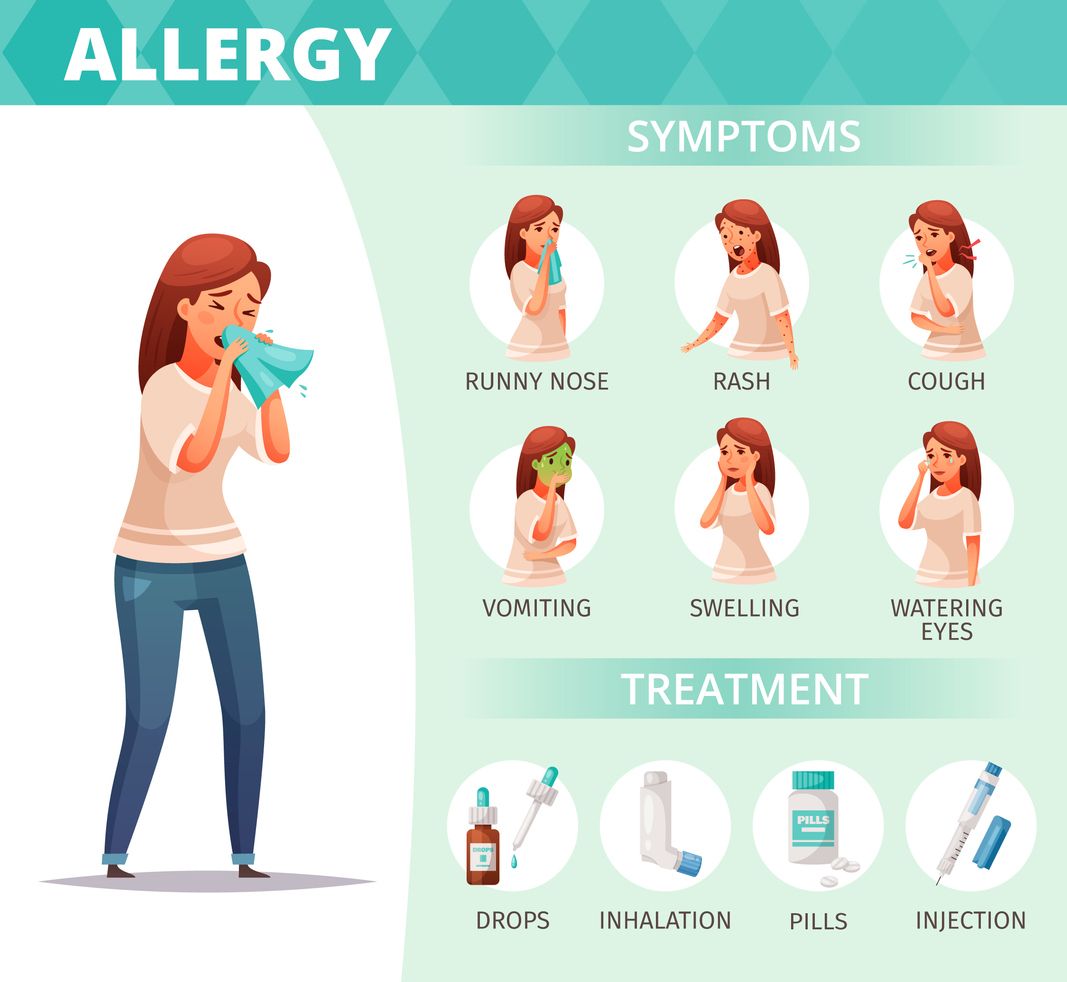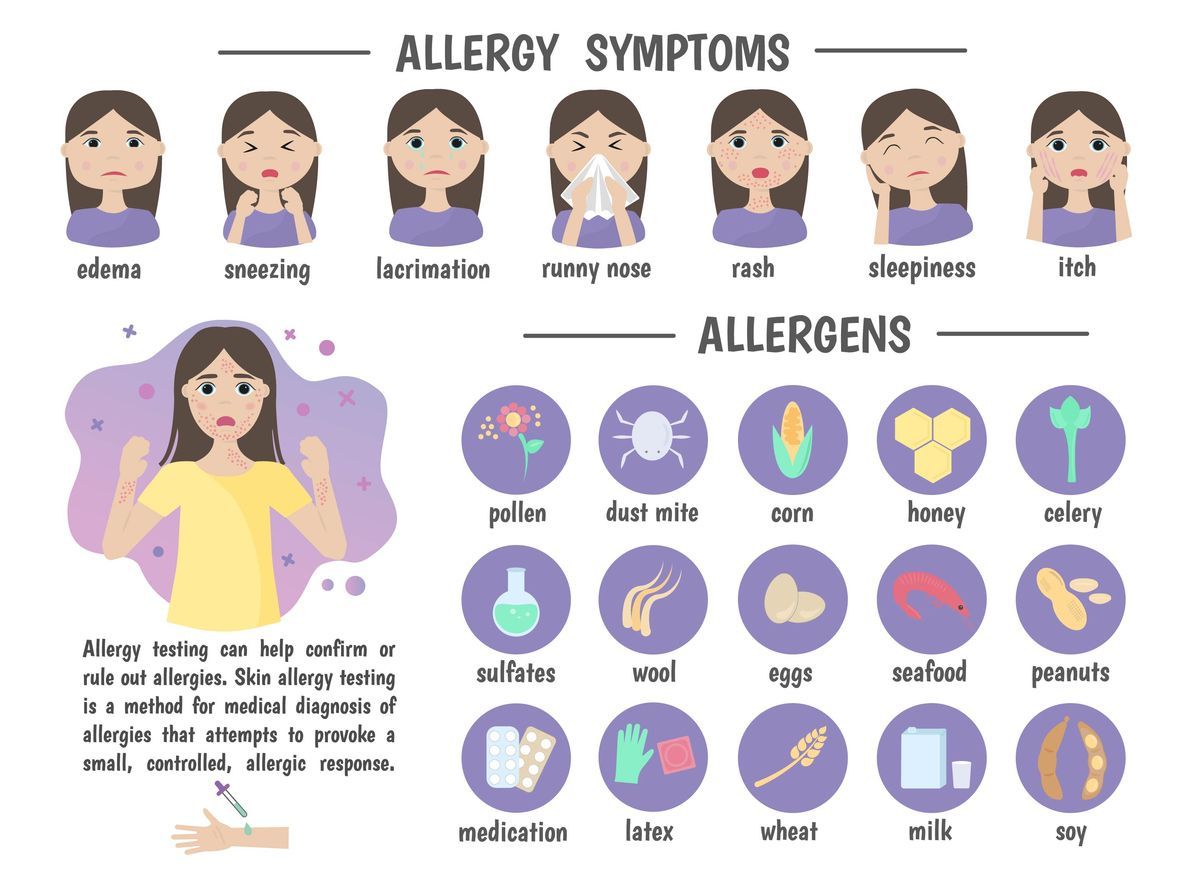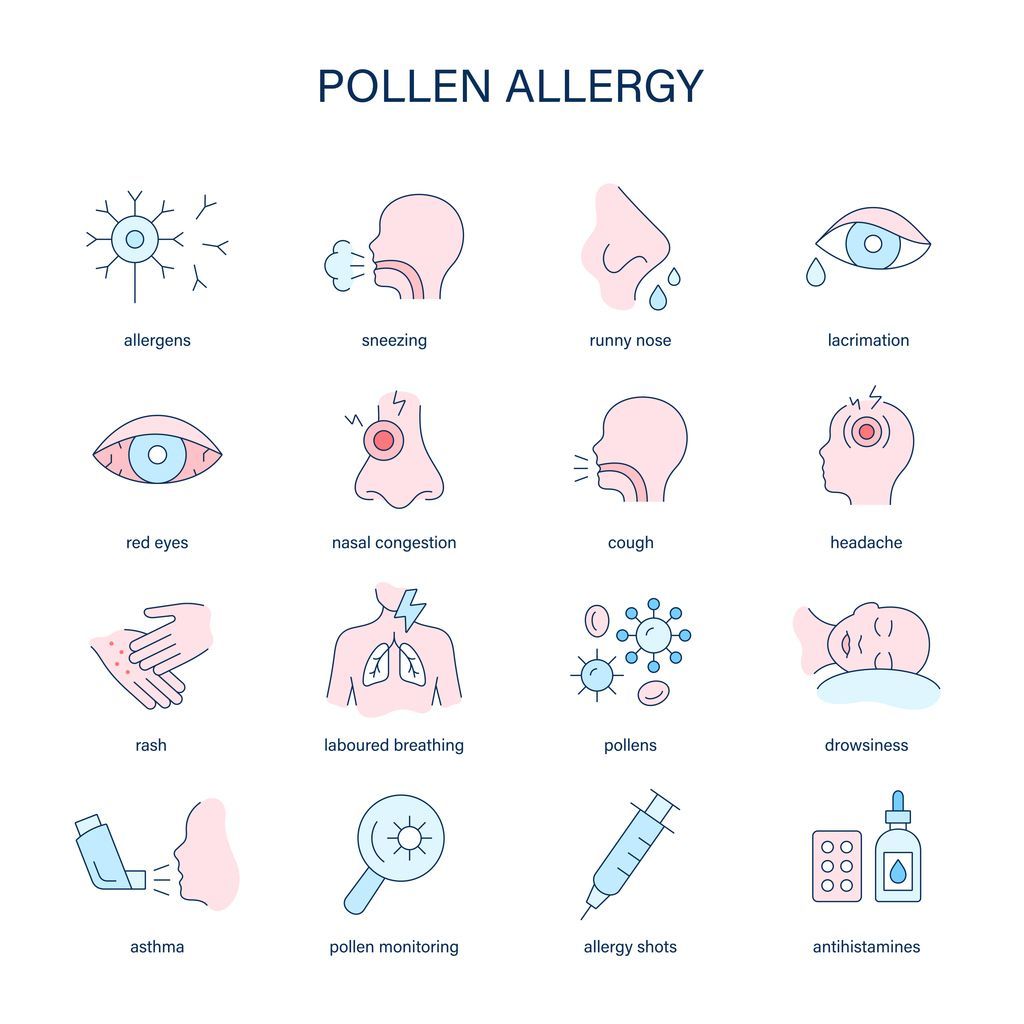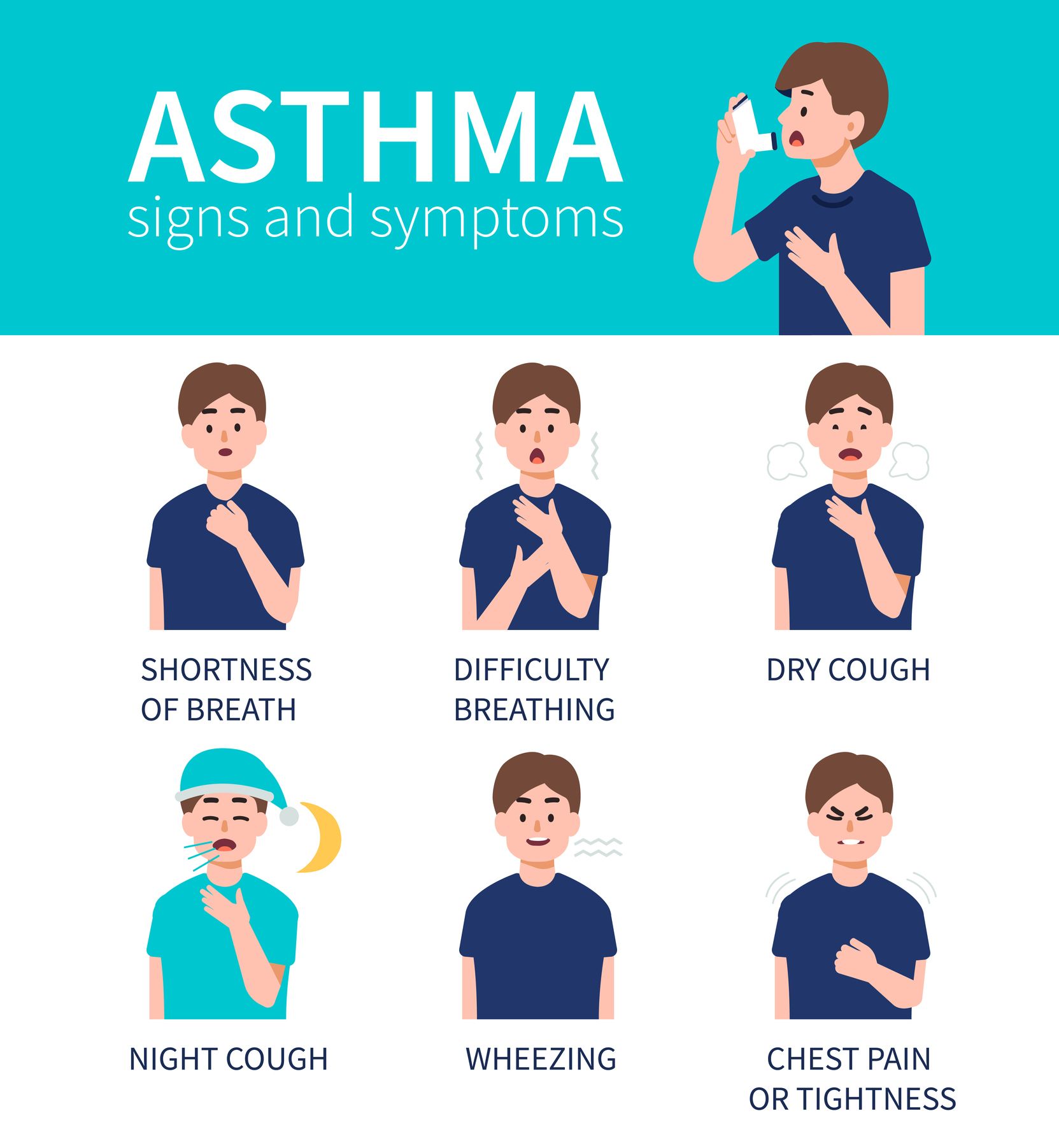Winter in Iowa: Managing Immune Deficiency and Infections with Iowa Allergy

As temperatures drop and Iowans head indoors, winter brings a rise in seasonal infections. For those with immune deficiencies, these months can be especially challenging, as a compromised immune system makes it harder to fend off illnesses. Common infections such as sinusitis, pneumonia, and recurrent upper respiratory infections (URIs) become more frequent and often more severe for those with immune issues.
How Winter Affects Those with Immune Deficiency
Cold, dry air and crowded indoor environments create the perfect conditions for viruses and bacteria to thrive, putting extra strain on immune systems that are already compromised. Here’s a look at how these infections can impact individuals with immune deficiency:
Sinusitis
Sinusitis is an inflammation or infection of the sinuses, often caused by bacteria, viruses, or fungi. For people with immune deficiencies, sinusitis can become chronic or recurrent, as their immune system may not respond strongly enough to clear pathogens.
- Symptoms: Facial pain, nasal congestion, headache, fatigue, and postnasal drip.
- Winter’s Impact: The dry, cold air during winter can irritate sinus tissues and make them more susceptible to infection. Indoor heating can also dry out nasal passages, making it harder for the sinuses to clear mucus effectively.
Pneumonia
Pneumonia, an infection of the lungs, ranges from mild to severe, and individuals with immune deficiency experience it more frequently and for longer periods.
- Symptoms: Fever, chills, cough, chest pain, difficulty breathing, and fatigue.
- Winter’s Impact: Cold weather can weaken the body’s respiratory defenses, making it easier for pathogens to cause infections like pneumonia. Close quarters in wintertime and increased spread of viral infections also increase pneumonia risk.
Recurrent Upper Respiratory Infections (URIs)
URIs include infections like the common cold, pharyngitis, and laryngitis, and individuals with immune deficiencies are more likely to experience these infections repeatedly.
- Symptoms: Sore throat, runny nose, cough, headache, and low-grade fever.
- Winter’s Impact: URIs tend to spike in winter, as the colder air can irritate the respiratory tract. Viral pathogens also survive longer in cold weather, increasing exposure risks, and close contact in indoor spaces makes URIs more contagious.
How Iowa Allergy & Asthma Clinic Can Help
The Iowa Allergy specializes in managing immune deficiencies and provides tailored care to help patients reduce infection risks. Here’s how:
- Immune System Testing and Assessment: Our team conducts thorough evaluations, including immunoglobulin testing, to determine the nature of the immune deficiency and recommend the best course of action.
- Personalized Treatment Plans: We offer immunoglobulin replacement therapy, vaccination guidance, and sometimes low-dose antibiotic prophylaxis to prevent infections before they start.
- Winter-Proofing Recommendations: Our team advises on preventive strategies, like using humidifiers to maintain airway moisture and practicing effective hand hygiene, to reduce exposure to pathogens during the winter months.
At Iowa Allergy, we’re here to help immune-compromised patients navigate winter with the right support, treatments, and preventive measures. Don’t let the winter season compromise your health—reach out to our team today for personalized care!










